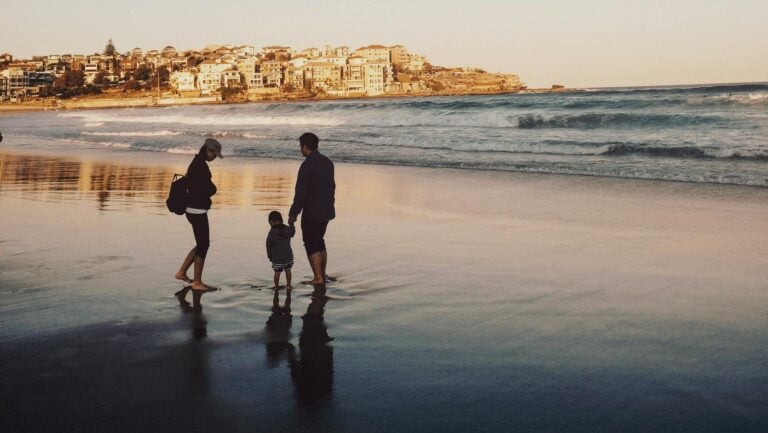If you’re standing at the edge of a relationship wondering whether it’s worth saving, let’s get honest.
Sometimes the answer is no.
If you already know you don’t want to stay, and you’re child-free and unentangled, you don’t need permission. No therapist, no formal “agreement,” no twelve-step plan. One person can end a relationship. That’s how it works.
But most people aren’t that clear. They’re “pretty sure.”
And “pretty sure” is where things get complicated.
Because “pretty sure” can mean a dozen different things:
In therapy, we work with this gray area. Because falling out of love doesn’t mean a marriage is dead. It means the feelings have shifted—and in long-term relationships, that’s normal. People fall in and out of love more than once. The question isn’t “do you feel it?”—it’s “are you willing to talk about it?”
Most people aren’t. Not really.
We say we want honesty, but we dread the moment someone looks at us and says, “I’m not sure I want to be here anymore.” That truth rattles the walls. So instead, we ghost our own relationships. We slowly pull away. We use vague phrases like “it’s not worth it,” which usually mean “I don’t want to be the bad guy.”
But here’s the thing: vague exits are cruel. They’re not less painful—they’re just more cowardly.
And let’s talk about the fear of therapy.
Some people avoid couples therapy because they don’t want to be told to “communicate better.” Translation: “I don’t want to talk about the hard stuff.” Others fear they’ll be told to “have more sex.” Translation: “The sex is bad or nonexistent, and I feel shame or pressure around that.”
If those are your fears, they’re telling you something important. Not about therapy—but about what’s already gone quiet between you.
What therapy actually offers isn’t a list of behavioral hacks. It’s a chance to tell the truth. To say what you’ve been swallowing. To be witnessed in the parts of yourself you don’t show anyone—not even your partner.
So ask yourself:
This isn’t about “saving” a relationship. It’s about showing up in it. Fully. One last time, if that’s what it comes to. Not to rescue it, but to know that if it ends, it ends with truth.
And if that feels like too much work?
Ask yourself: Would you treat a friend this way?
Because a marriage is a friendship at its core. Not an equation. Not a contract. Not a performance.
And if your instinct is to leave without talking, to slip out the side door instead of speaking plainly—maybe the question isn’t “is this relationship worth saving?”
Maybe the deeper question is: “Do I believe people are worth the effort at all?”
That’s something worth talking about. With a therapist. With your partner. Or maybe just with yourself.
But talk about it.
Before you decide to disappear.







